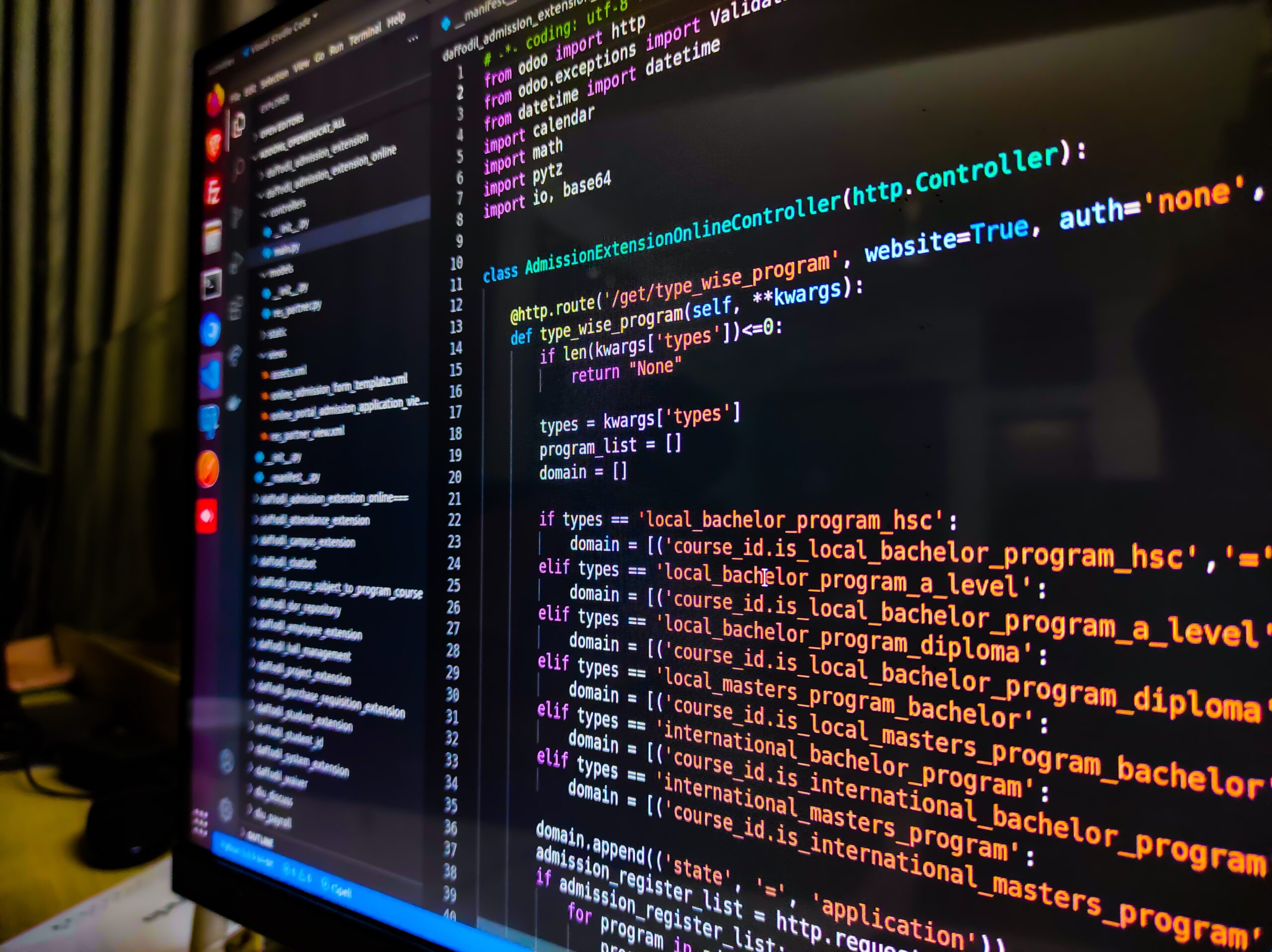About CNC Programing Course
CNC programming, which stands for Computer Numerical Control programming, is a crucial aspect of mechanical engineering and manufacturing. It involves the creation of instructions and code that control computerized machines, such as CNC mills, lathes, routers, and 3D printers, to manufacture parts and components with precision and accuracy.
CNC programming is a fundamental skill in mechanical engineering and manufacturing, enabling engineers to turn digital designs into physical objects with precision and repeatability.
Apply for New Batch
Why Choose Us
From Fundamentals to Advanced: SKYSYS Engineering cover CNC Programing from the ground up, starting with the basics and gradually progressing to advanced topics. No matter your current skill level, you’ll find value in this course.
Hands-On Experience: SKYSYS Engineering believe in learning by doing. Throughout the course, you’ll work on hands-on projects and exercises to reinforce your understanding of CNC Programing concepts.
Interactive Learning: SKYSYS Engineering training sessions are highly interactive, allowing you to engage with instructors and fellow students. You’ll have opportunities to ask questions, seek clarification, and collaborate on projects.
Project Portfolio: By the end of the course, you’ll have a portfolio of CNC Programing projects to showcase to potential employers. These projects will demonstrate your expertise and problem-solving abilities.
Flexibility: SKYSYS Engineering understand that life can be busy, so we offer flexible training options. Choose from in-person classes, live online sessions, or self-paced modules to fit your schedule and learning style.
- Small Class Sizes: SKYSYS Engineering maintain small class sizes to provide personalized attention to each student. This fosters a supportive learning environment where your questions are always welcome.
- Career Guidance: We’re not just focused on teaching; we’re invested in your success. Our career guidance and job placement assistance help you transition into a rewarding career in design or engineering.
CNC Programing Course Content
CNC Programing
Day 1 LATHE MACHINE
Introduction to CNC
Introduction to
codes
o G codes
o M codes
Day 2 Fundamentals of
CNC lathe
Familiarization of
control panel
Part programming
techniques
Day 3 Offset settings
Insert program in
machine
Workpiece setting
methods
Tool setting
methods
Day 4 Part programming
on
o Turning
o Facing
Simulation practice
Day 5 Import and Export
program
Different canned
cycles
o Drilling
o Finishing
Day 6 Grooving cycle
Sub program
Day 7 Thread cycle
Dwell time
Day 8 Machining practice
cycles
Day 9 Programming by
using multiple tools
Day 10 Project on machine
using different
cycles
Day 11 CNC MILLING
Fundamentals of
CNC MILLING
Introduction to part
programming
Day 12 G codes
M codes
Offset settings
Day 13 Part programming
on
o Turning
o Facing
Day 14 Different canned
cycles
o Drilling
o Boring
Day 15 Programming by
using multiple tools
Day 16-20 Project on various object,
Program generation
Career Opportunities
CNC (Computer Numerical Control) programming is a specialized field within mechanical engineering and manufacturing that involves creating instructions for CNC machines to manufacture precision parts and components. Proficiency in CNC programming can lead to various career opportunities in different roles and industries.
CNC programmers are responsible for creating and optimizing CNC machine programs. They interpret engineering drawings, select cutting tools, specify machining processes, and write the code that guides the machine’s movements to produce parts accurately.
Tooling engineers focus on selecting the right cutting tools, fixtures, and workholding solutions for CNC machining operations. They ensure that tooling is well-matched to the materials being machined.
Manufacturing engineers use their CNC programming skills to optimize production processes. They work on improving manufacturing efficiency, reducing costs, and ensuring quality control in the production of parts and components.




